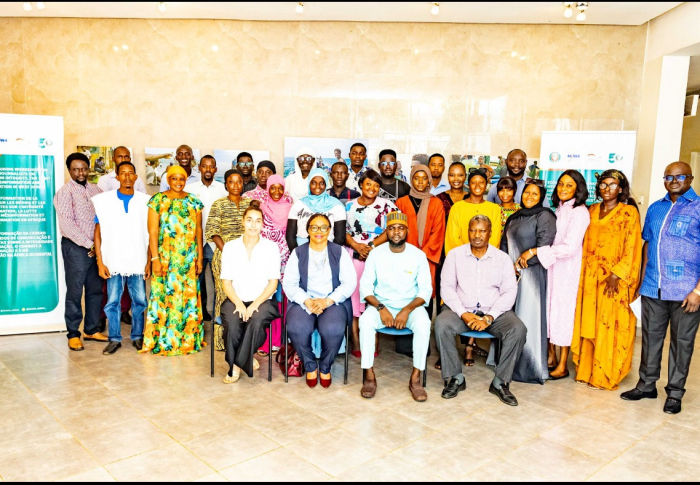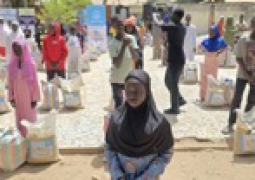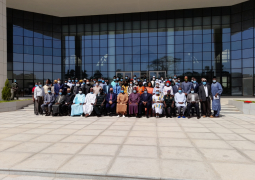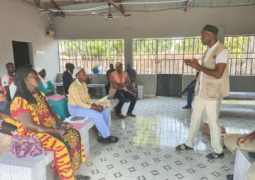
The training brought together reporters, editors, and broadcasters from diverse media houses, creating a platform to collectively address the rising challenges of misinformation and disinformation in West Africa.
Participants were introduced to practical tools and strategies to enhance investigative reporting, promote peace journalism, and uphold democratic values in the information space.
Also, the program sought to sharpen the capacity of journalists to detect false information, apply Open-Source Intelligence (OSINT) and artificial intelligence tools for narrative analysis, and adopt fact-checking workflows in their reporting.
In addition, the session also focused on conflict-sensitive journalism, highlighting the media’s role in de-escalating tensions, protecting human rights, and empowering citizens through accurate, timely, and responsible information.
Essentially, the sessions explored the nexus between disinformation, conflict, and democracy, drawing lessons from case studies across the sub-region. Trainers shed light on how anti-democratic narratives fuel violent extremism, terrorism, and political polarisation. Discussions also focused on strengthening collaboration between ECOWAS, state institutions, and the media in promoting peace, democracy, and good governance.
Addressing the gathering, Her Excellency Ambassador Miatta Lily French, ECOWAS Resident Representative in The Gambia, described the initiative as a crucial step in safeguarding democracy, reinforcing peace, and empowering journalists to counter harmful narratives.
“ECOWAS recognizes the media as an indispensable partner in fostering peace, stability, and social cohesion. Our region faces unprecedented challenges; from complex security crises to the rapid spread of harmful and divisive narratives online.” she said.
Ambassador French also warned that disinformation not only distorts public discourse, but also erodes trust in democratic institutions and can even trigger violence.
Thus, she outlined that ECOWAS Vision 2050 prioritises building a peaceful, secure, and inclusive region - one in which democratic governance, social inclusion, and sustainable development - are interlinked. None of these aspirations, she said, can be achieved without a resilient media landscape that upholds accuracy, ethics, and accountability.
Moreover, the training in The Gambia follows similar programs successfully implemented in Nigeria and Côte d’Ivoire.
These initiatives, according to her, reflect ECOWAS commitment to addressing the growing wave of information disorder across West Africa and the Sahel.
The program is also part of commitments made during the 2024 ECOWAS Experts Meeting with Heads of government-owned television stations.
Anchored in a Memorandum of Understanding signed in 2023 between ECOWAS and the Media Foundation for West Africa, the initiative in a broader aspect seeks to strengthen cooperation in combating misinformation and disinformation in the region.
At the end of the two-day sessions, participants are expected to emerge better equipped to fact-check, investigate, and report responsibly in the digital age.





